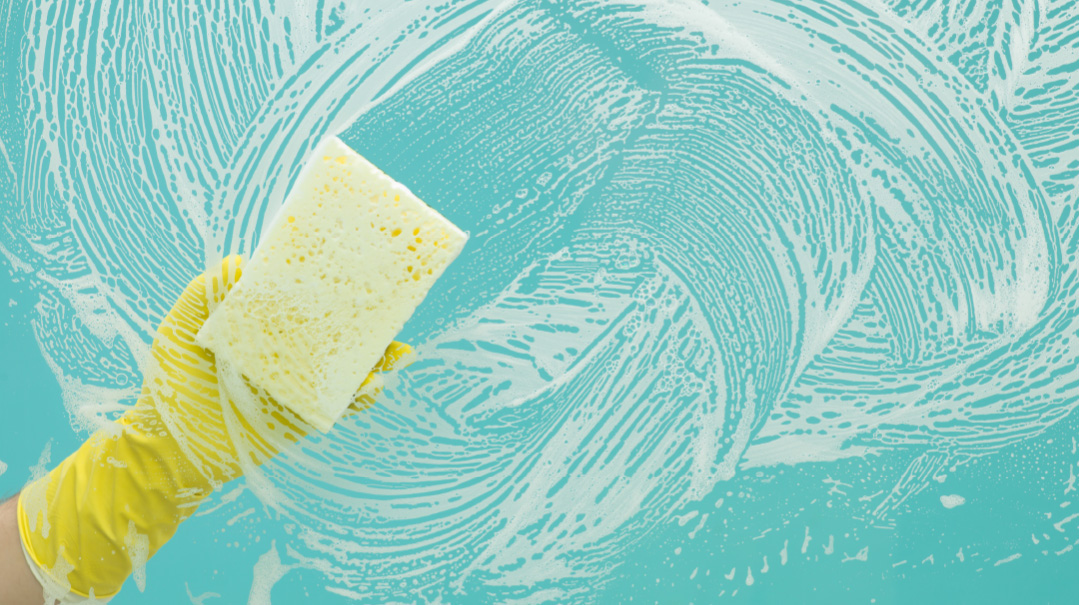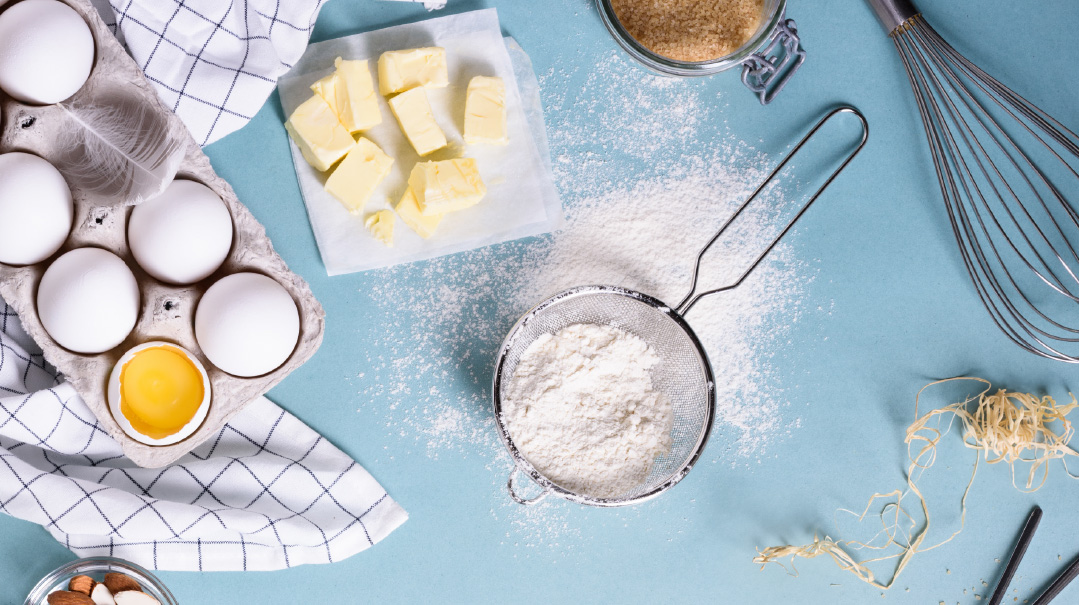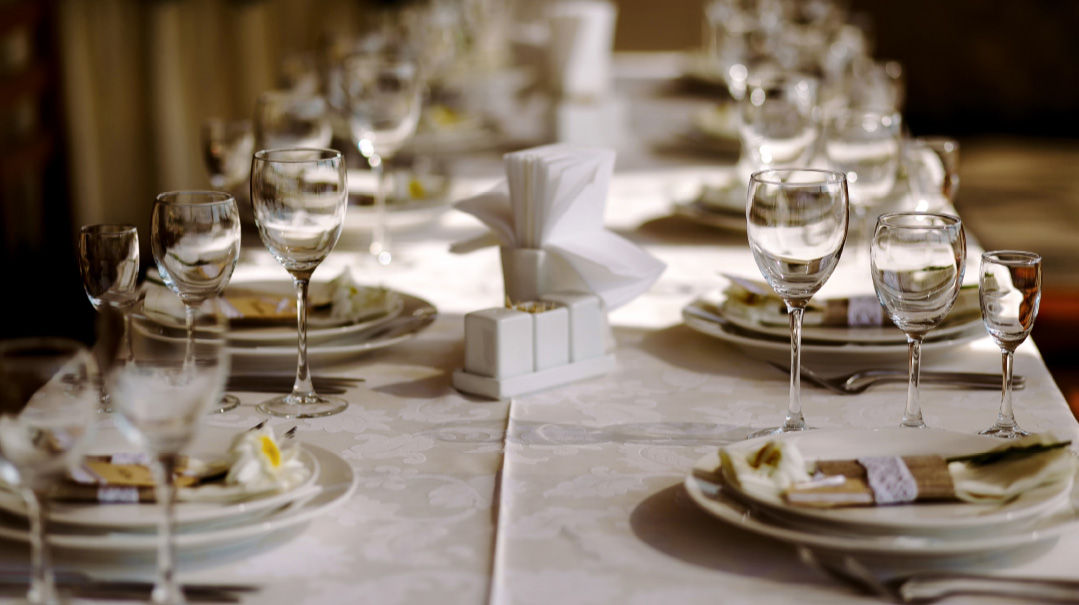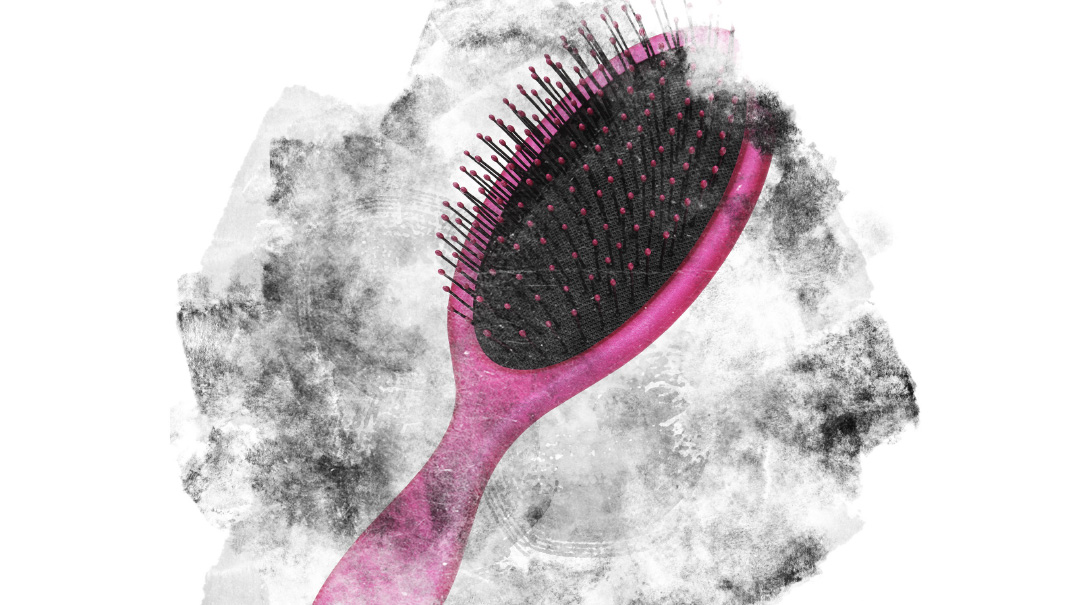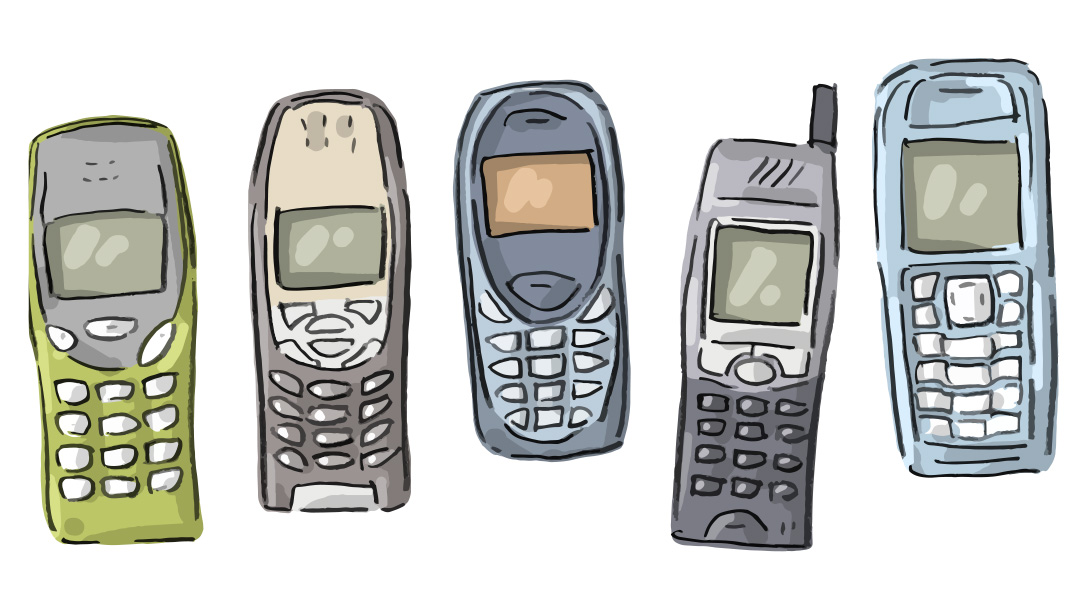Good Enough
| August 16, 2022Never a flatterer, Mom always told the truth. And so would I
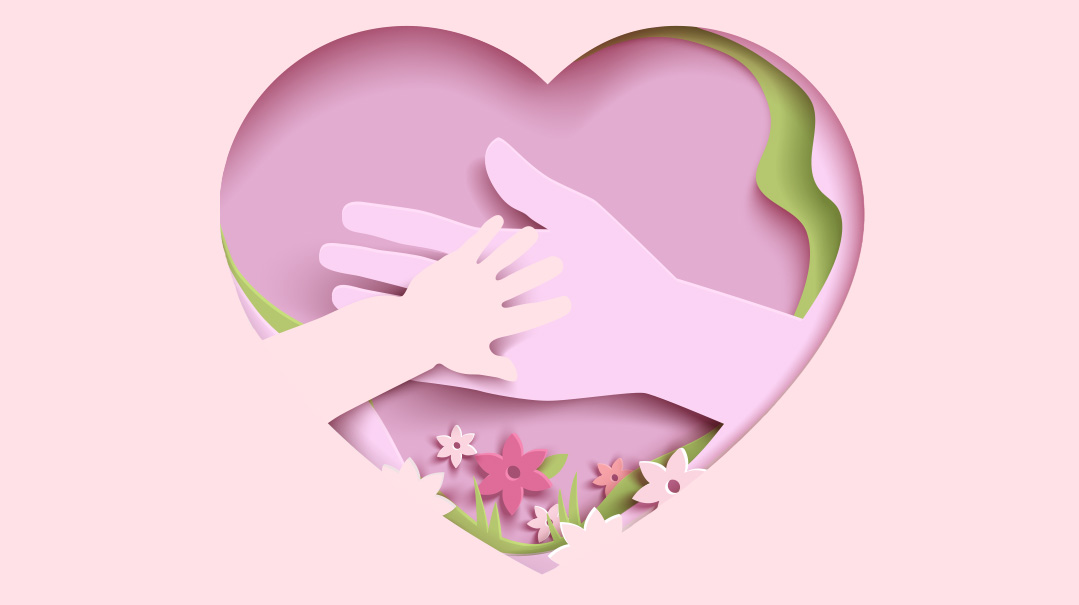
A
round this time of year, I visit my grandmother. I do the half-hour drive from my home in Woodmere, generally find parking on Main Street, and enter the gates marked Mount Hebron Cemetery. Sometimes I’ll find a few small stones on top of the matzeivah, and I’ll know that my father, an only child, must have been there before me.
Just a bit to the left, somewhat hidden, is a tiny stone inscribed Baby Schall, marking the resting place of the stillborn baby my Bubby Sarah carried, birthed, and then buried over 90 years ago. It makes me sad to think that his memory is now mostly insignificant to anyone on this planet aside from the Ribbono Shel Olam.
I enjoy walking among the kevarim, reading headstones. It’s nostalgic to see names of a bygone era like Sadie, Bessie, and Gussie. I’m always on the lookout for someone with my name, Michla; I’ve only met two or three soul sisters over the years. And I’ve never personally met anyone who shares my other Yiddish name: Buna. At my wedding 40 years ago, the mesader kiddushin asked my uncle at least five times, “Is that Buna or Bunya?” (I hadn’t even known Bunya existed outside of my children’s favorite storybook Bunya the Witch.)
On my strolls through the cemetery, I’ve noticed something interesting. Although many of the deceased may have achieved worthy titles in their lifetimes, the only descriptions on their headstones are beloved wife, mother, and grandmother. Not doctor, baker, or window washer. Not even rocket scientist.
It’s sobering. What really counts, what lasts for eternity is our relationships with the people we love, and the quality of those relationships.
And that’s where the trouble starts. Especially in the multidimensional lives that we lead. For if relationships are what really matter, I should be striving to be the best wife, mother, grandmother, daughter, sister, friend, teacher, and Jew that I can be. Realistically, being the “best” of just one of these titles would require all of my kochos to the total neglect of the others. It’s a daunting challenge.
In my quest to find a natural cure for my frequent migraines, I recently experimented with a few different types of therapy, including acupuncture, Jin Shin Jytsu, biofeedback, and NET. During my last NET session, the therapist asked me to repeat the following affirmation: “I’m okay releasing the need to be the best. I’m already good enough!” I resisted, and finally agreed to saying it but without feeling. There does seem to be something to it. I’m still faking it, but amazingly, I’ve started feeling better.
The other day, I returned home earlier than expected. My son-in-law was in the back room, engaging in rather loud hisbodedus.
“HASHEM!” he yelled. “You are SOOOO good.” And then he continued, “HASHEM! I am SOOOO good!”
My son-in-law often amuses me — and also often teaches me some profound lessons. You can chuckle all you like, but he walks around b’simchah tamid and I walk around with two Excedrin in my purse — just in case.
During my mother’s last illness, in the spring of 2019, I slept over one evening in the hospital to keep her company. The ward had settled down for the night and all was calm, when my mother broke the late-night stillness to ask me somewhat shyly, but urgently, “Will you miss me when I’m gone?”
I dismissed the question and said, “You’re not going anywhere!”
Then, even more urgently, and with an uncharacteristic lack of confidence, Mom continued, “Was I a good mother?”
That caught me by surprise.
My mother was one of the most confident people I’ve ever known. Her parents were immigrants, and didn’t speak English. They depended on her to navigate this new world for them. She became independent and resilient from a young age. Always sure of herself, she never backed down, never said, “I’m sorry.” She also rarely said, “I love you,” but we felt secure nonetheless.
Her love language wasn’t in words but in action. She protected her girls like a ferocious lion. You were safe within her circle. She was street-smart and practical. At the last Chanukah party she attended, we played a game where one of the questions was: “If you were stranded on a desert island, who would you most want with you?” Every single grandchild answered, “Bubby!”
Mom was industrious. She hung the wallpaper, put up the succah, and fixed electrical appliances. She sewed our dresses, knitted baby sweaters, made blintzes from scratch, and even painted self-portraits. She was a multitasker. She could talk on the phone with the receiver crooked in her neck, holding Baby Rhoni in her left hand, right hand stirring a pot. Dinner seemed effortless. Shabbos done in an hour. Mom could make something from nothing and expected you to do the same or you were incompetent. In an era where most of my friends’ Holocaust survivor parents had two kids, my American mom had five. While all my friends had to call home to check in with their anxious mothers, my mom was unfazed. No helicopter parenting for her! She expected us to make the right decisions and overwhelmingly, we did.
Now, in the quiet hospital room, all her toughness melted into this one moment of vulnerability so raw it was hard to face. She was risking her dignity — but her life, as well as her death, hinged on the answer.
Was I a good mother?
Never a flatterer, Mom always told the truth. And so would I. “Mommy, you tried to be the best mother you could be and that is good enough for me,” I said.
My mother accepted the truth of that statement with all its limitations.
She smiled, satisfied.
I write these words as a tribute to my mother, Sara Nechama bas Dov Ber, on her second yahrtzeit.
(Originally featured in Family First, Issue 806)
Oops! We could not locate your form.

